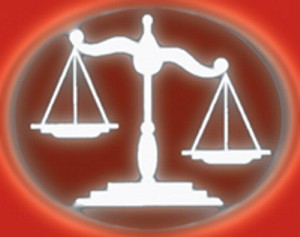 For ages, the world’s largest democracy, India, has been running smoothly and efficiently on the guidelines set out by the Indian Constitution. But now it seems to be at loggerheads with it’s guardians of law and the Supreme Court of India. The court which had been otherwise vocal on the issue of transparency of the courts and the honorable judges, now appear to take a soft stand by keeping the judiciary out of the purview of the Act, putting the transparency of the judges under scanner.
For ages, the world’s largest democracy, India, has been running smoothly and efficiently on the guidelines set out by the Indian Constitution. But now it seems to be at loggerheads with it’s guardians of law and the Supreme Court of India. The court which had been otherwise vocal on the issue of transparency of the courts and the honorable judges, now appear to take a soft stand by keeping the judiciary out of the purview of the Act, putting the transparency of the judges under scanner.
The Right to Information Act, 2005 has opened a can of worms inviting more unanswered questions rather than answering many. The court appears to be back tracking from its previous notion that Article. 19(1)(a) of the Constitution meant right to freedom of speech and expression, including the right to information. Contrary to the belief of the most, the Chief Justice of India has categorically gone on record saying scope of the Act does not cover the judiciary. This is being seen by many as an attempt to shield the corrupt officials in the Indian judiciary which might once again see escalation in corruption, thereby making a mockery of the Act itself.
A closer scrutiny would delve that the status of a judge and that of any other government official as such doesn’t have much difference because both are under compulsion to deliver the goods, whether they like it or not.
The existence of such a law is the result of the painstaking efforts put by numerous individuals and social organizations, who were too keen to see a certain degree of transparency in the functioning of the Indian administration, who were known to be in the habit of working for monetary benefit or on recommendations of high and mighty. The coming of the law has put to rest all such allegations and made things comfortable for the citizens keeping the evil doers at tenterhooks.
There are few uncomfortable yet logical questions which has to be answered before keeping the judiciary out of the dragnet of the Act. If this law can be applicable for the administration, why should the judiciary be left out? If the Prime Minister or a President can be compelled to make the disclosures, why should there be a different set of rules for the judiciary?




